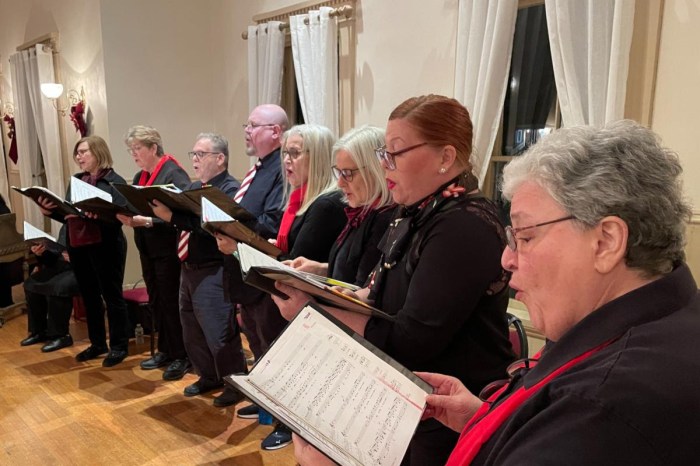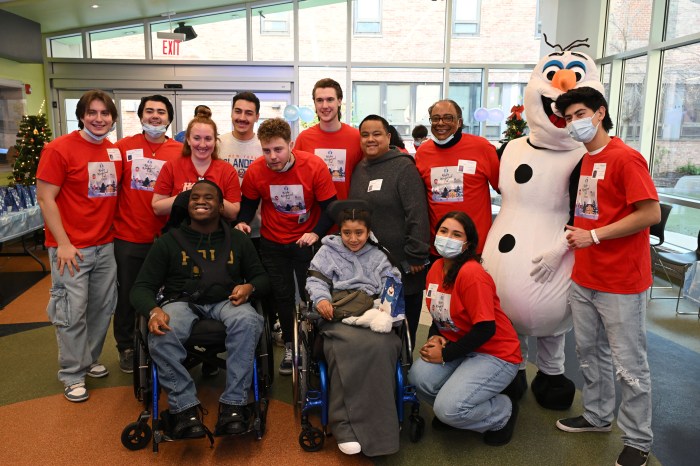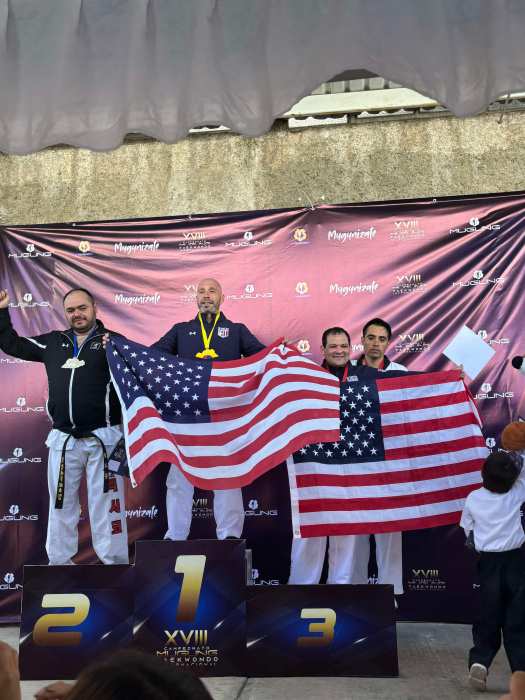By Joseph Staszewski
The kindness, positive nature and fighting spirit that made Steve Piorkowski loved by all he came in contact with was with him even in his final days.
The Bayside softball and girls’ basketball coach for 23 years saw his health take a turn for the worst over the last four months after a three-year battle with cancer. A second bone marrow transplant in the last two years didn’t take. Piorkowski, who died at the age of 54 last week, had multiple myeloma, a form of cancer that was found eating away at the bone marrow in his vertebrae in January 2012.
“We always felt like he’d always get better from it,” Bayside Athletic Director and close friend Joe Capuana said. “That was the kind of guy that he was.”
Piorkowski was always energetic, talking about fighting the disease and never wanting others to see him weak. He was even apologizing to his former players who visited him in the hospice for how he looked. The apologizing quickly turned to a motivational speech about his love for them, asking them to keep fighting for what they believed in.
“I couldn’t understand why he was apologizing,” said Annel Sanchez, a former softball player and 2004 graduate. “He tried so hard. He was an amazing person. He never wanted anyone to see him [weak]. He made everything positive. Even in his weakened state, he could still crack a smile.”
It was the end of a fight that saw him rally back from being wheelchair-bound with a broken neck to coach both sports at Bayside for two more seasons. The time was highlighted by the softball team reaching the PSAL Class A semifinals last year. On medical sabbatical this school year, Piorkowski even talked of attending a few softball practices in the spring just to be with the girls, according to Capuana.
“He always put other people before himself,” said Tara Bernstein, the second basemen on last year’s team
It’s why “Play for P” became so important to his teams. His girls’ basketball team went on a Cinderella run as the No. 38th seed to the PSAL Class A semifinals with him in mind while he was away from the club in March 2012. Just four months after being diagnosed, he was back coaching at a Bayside softball game.
“He taught us to cope with failure, to fight on,” Bernstein said.
Piorkowski’s wife, Susan Hayes, described him as both brutally honest and a goofball. He was quick to show people the X-ray picture of his “new neck” that he kept on his phone when he first returned to Bayside following surgery.
“He even helped me make brushing my daughters teeth in the morning a game,” Hayes said.
Former Cardozo softball coach Larry Alberts remembered Piorkowski as a very competitive man, but one who never lost sight that softball should be fun.
One of Alberts’ pitchers went through a cancer scare once that turned out negative. Her first game back was against Bayside and Piorkowski sent his entire team over to hug her at the plate.
“I thought that was real class,” Alberts said
Piorkowski, who grew up in Seaford, L.I., was a physical education teacher and an innovative softball coach. He started his own softball training company, Fastpitch Now, and coached the Long Island Greyhounds Travel team he started for his daughter Katherine. She pitched Kellenberg to a CHSAA state crown last season and earned a chance to play at NYU next year.
He was a master motivator who understood every person needed to be handled differently to get the best out of him or her. Capuana remembers seeing countless girls who never played softball before gradually improve and contribute. Piorkowski had so much belief in them that they started to believe in themselves.
“His ability to bring the best [out] in people was on a daily basis,” Capuana said. “His ability to resonate pride and dedication to doing things the right way resonated in everything he did.”
A large group of students and former players in Bayside jerseys attended a candlelight vigil in his memory at the school’s softball field Feb. 19 and hundreds people more said a final goodbye at his wake and funeral. Piorkowski was laid to rest at St. Charles Cemetery Monday. His father Stephen, his brother Robert and sister Laura also survived him.
“He was very hopeful until we were notified that there was really nothing else that could be done,” Hayes said. “He couldn’t accept it. He didn’t want to go.”


































